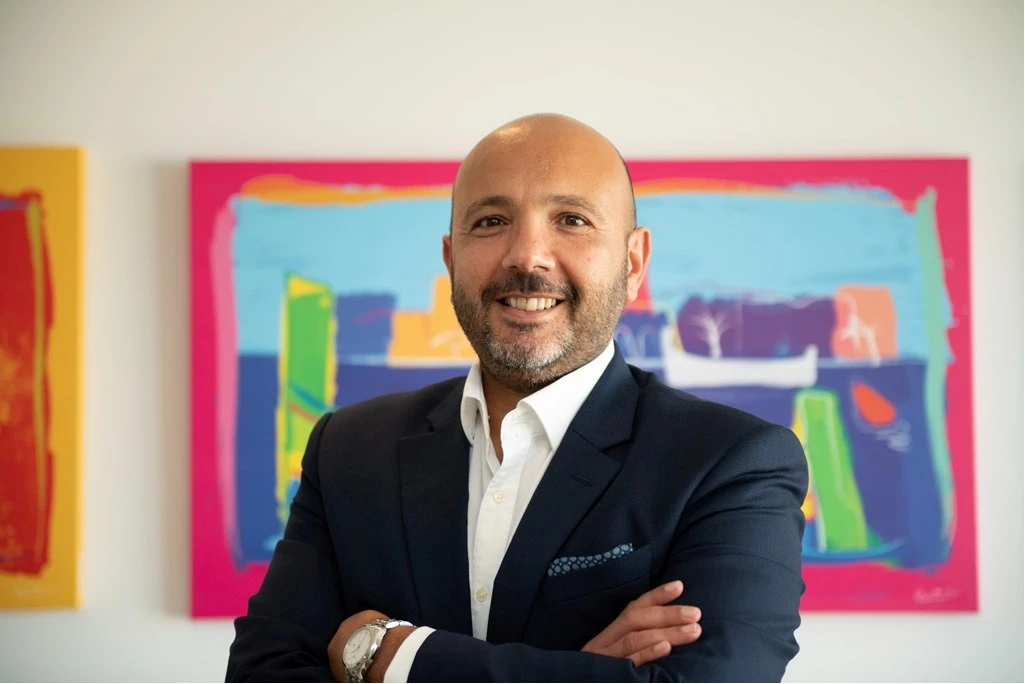Malta Gaming Authority names Mizzi as new CEO

Mizzi will officially begin his new role as CEO at the Malta regulator on 26 January. He will replace Charles Brincat, who is stepping down after two years at the helm.
He joins the MGA from Residency Malta Agency, where he served as its CEO for five years. Mizzi has also worked in a range of other senior roles during his career. These include being head of the image and communications unit at BNF Bank.
“I am honoured to have been given the opportunity to lead the Authority,” Mizzi said. “I am keen to build on past successes and, together with the team under the guidance of the minister responsible and the board of governors, to strategically steer the Authority forward so that Malta’s already robust position in the field may be further strengthened, while delivering value to all stakeholders.”
Malta’s minister for the economy, EU funds and lands, Silvio Schembri, also welcomed Mizzi’s appointment.
“With his vast experience in managing the operations of a number of entities and his contributions towards major projects, Charles is undoubtedly the right candidate to continue building on what the MGA has achieved so far,” Schembri said.
“He will lead his excellent colleagues within the Authority towards further future success.”
MGA Bill 55
A potential task for Mizzi after his arrival will be defending Europe’s opposition to Malta’s Bill 55. This has proved contentious with other European stakeholders, which many say is incompatible with European law.
Also known as Article 56A of Malta’s Gaming Act, the bill protects Malta-licensed operators from legal liability resulting from their gambling activities.
The controversy followed news in August that the German gambling regulator said the law conflicts with the Brussels Recast Regulation. The regulation governs how legal judgements are settled between EU members.
Dispute over legality of Malta gaming law
The MGA has previously argued that its gambling laws are covered under the rules governing the European free-movement of services.
“The Maltese gaming framework, in turn, is in full conformity with EU law and is based on the freedoms afforded to an entity established within the internal market,” said the regulator.
European regulators and governments have previously pointed to a 2017 Commission decision to close infringement procedures and complaints in the gambling sector.
This, they argue, means gambling services cannot be considered a service that can be broadcast European-wide under an MGA licence.
Earlier this year, the European Commission said it would examine it to ensure its compatibility with EU law. As such, it said it has requested more information from Malta’s authorities.
Once the Commission has made its decision, there is the possibility the case will make its way up to the European Court of Justice. The court has historically been the final decision maker in disputes between European and domestic law.
